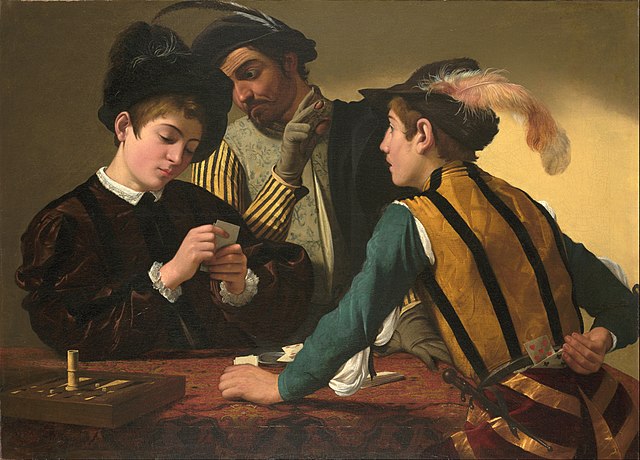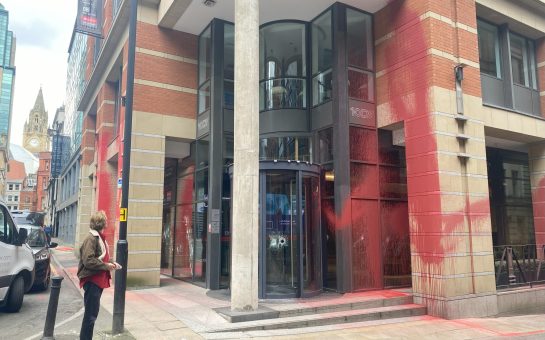Sixty percent of students placed a bet within the 12 months prior to a survey released January 2024, according to research by Ygam, a trust set up in 2014 to educate and safeguard young people from the harms of gambling.
The survey was conducted among 2,000 students from universities among the UK, including Manchester Metropolitan University (MMU).

Daniel Bliss, Director of External Affairs at Ygam, said: “One of the main reasons young people gamble is because they have a lack of experience and education before they turn 18.
“They go to university and have thousands of pounds in their bank accounts for the first time. They can gamble legally but they are not aware of the risks.”
Manchester is home to three universities, University of Manchester, University of Salford and MMU.

Bliss continued: “Our data shows that those who did gamble spent an average of £35.20 a week on the pass time, which is a large chunk for students, amounting to nearly two grand a year.
“There are some forms of gambling which are low risk, such as the national lottery or horse racing, while others are high risk, such as online casinos and high speed slot machines, which inevitably lead to more high level harm.”
Manchester had high to moderate levels of PGSI (Problem Gambling Severity Index) in 2022, the second highest ranking out of five, according to this interactive map from the organisation Gamble Aware.
This indicates that in Manchester, 15.4% of people, or one in six people, had a PGSI score of one or more, compared with 13.4% across Great Britain.
Matthew Gaskell, Clinical Lead & Consultant Psychologist for The NHS North West Gambling Service, said: “Manchester is particularly affected by gambling as it is a student town, it is a city with a strong football presence, and there are more impoverished backgrounds there that suffer more strongly from the harms of gambling.
“All slot machines are programmed in such a way that the more you play on them the more money you lose. They are specifically designed to keep you motivated and keep you playing as your funds are extinguished. They are a significant threat to public health.”
A 22-year-old male from Manchester, who asked to remain anonymous, was gambling last year when the survey was taken, although he was not a part of the survey.
He said: “I saw gambling as a side income. Around the time, I saw a lot of hope betting, where someone bets on a favourite to win without knowing much about why they are the favourite. With hope betting you keep on chasing the win, putting more money on until you win.
“I used a software called Oddsmonkey which lured you in with tempting offers such as the chance to receive £50 free credit when you spent £10.
“If you are in the know you can study the game and have more of a chance of winning, but fixed odds betting means the odds are fixed against you.”
For support with gambling visit the NHS gambling addiction service for North of England.
Main image credit: https://commons.wikimedia.org/wiki/File:Caravaggio_(Michelangelo_Merisi)-_The_Cardsharps-_Google_Art_Project.jpg




